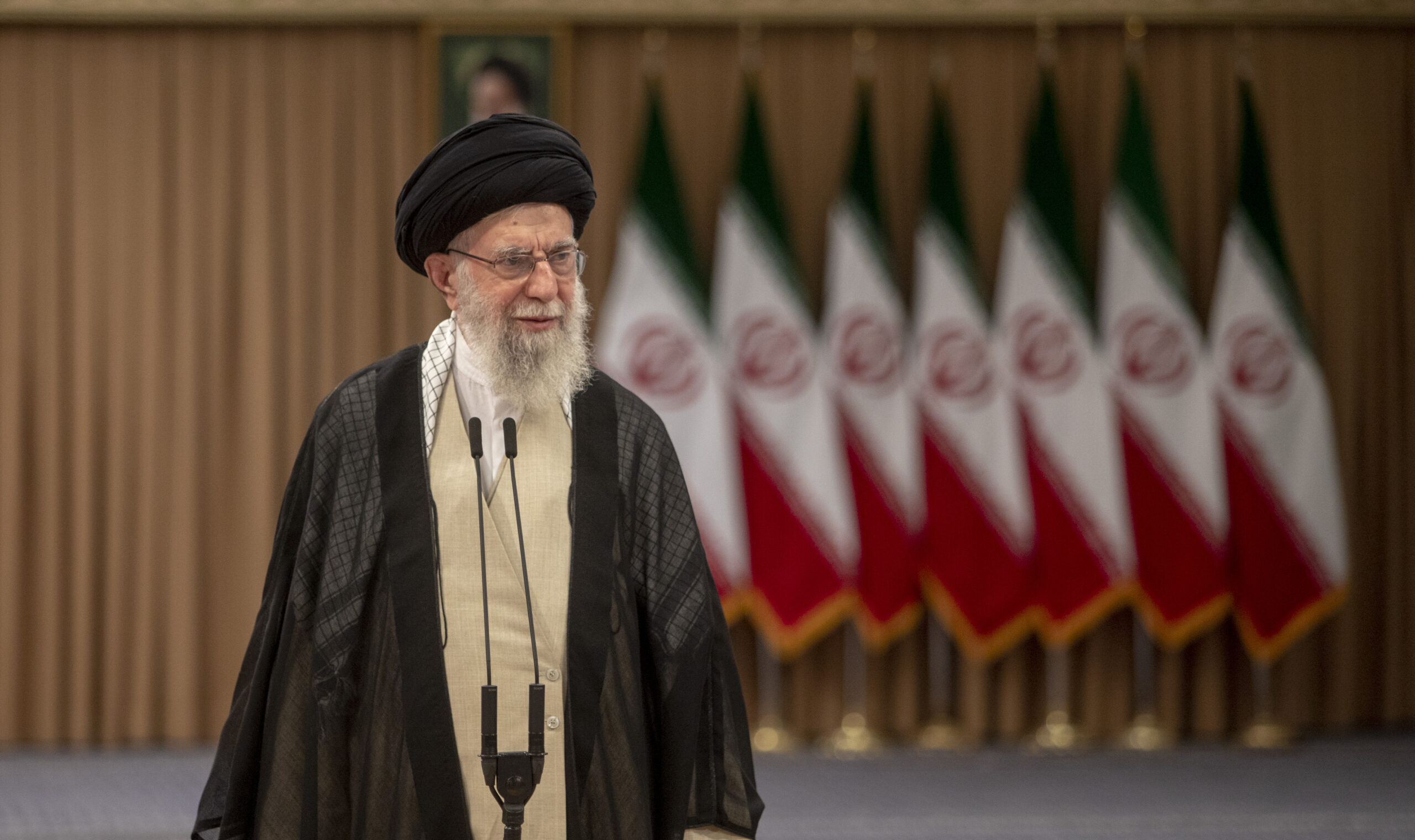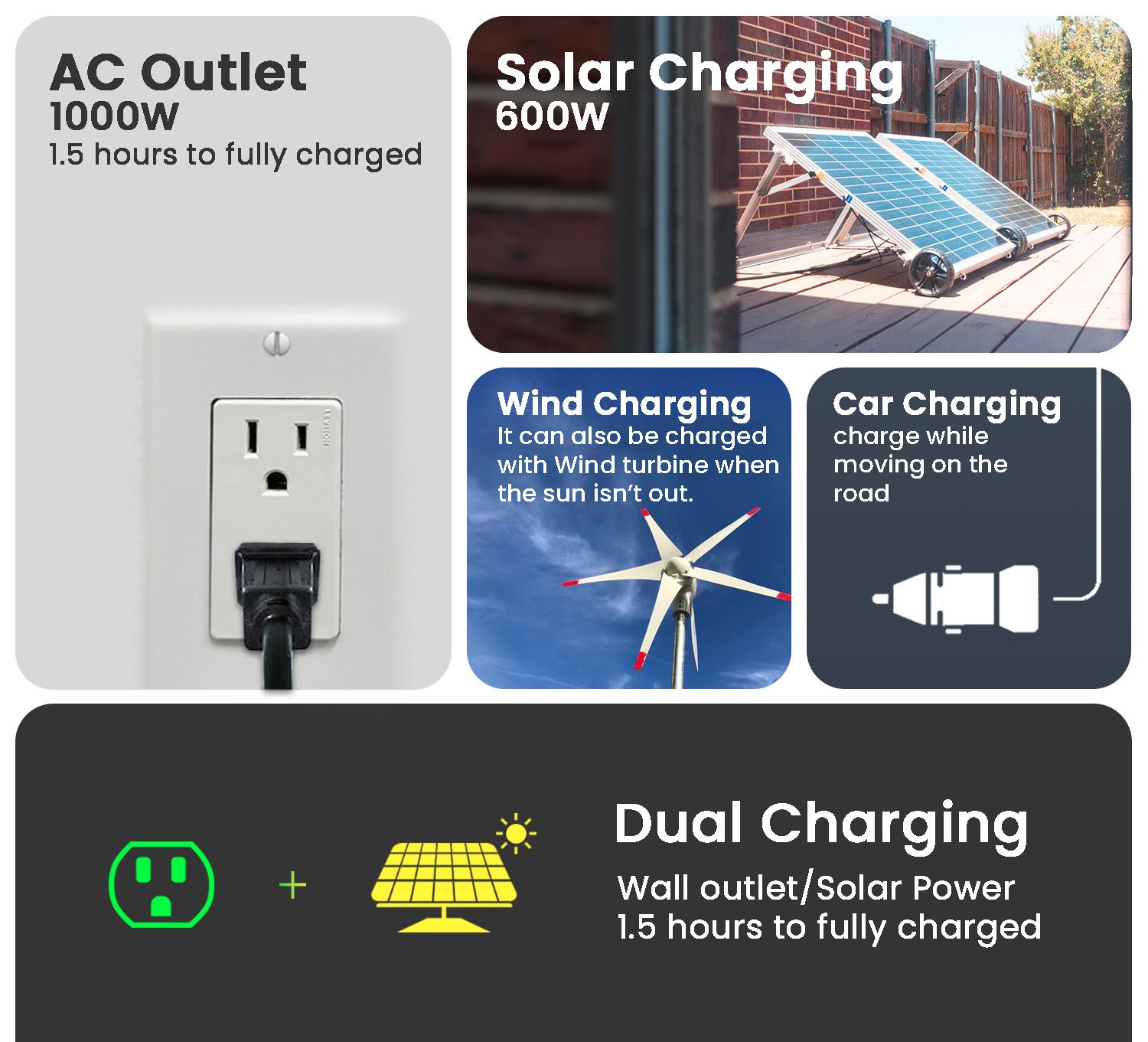Here’s How Trump Can Make a Strong Deal With Iran
The president will find Tehran more amenable than ever if he tries to drive a bargain.

Donald Trump built his reputation as the ultimate dealmaker—someone who turns chaos into opportunity and delivers results where others fall short. Now, with the Middle East still reeling from tenuously paused conflicts in Gaza and Lebanon and U.S.–Iran tensions at a critical juncture, Trump has the chance to cement his place in history by achieving what no president before him could: a bold, transformative deal with Iran.
Such a deal would not just stabilize a turbulent region, but could unlock economic opportunities for American workers, bolster U.S. security, and showcase Trump’s unique ability to outmaneuver the Washington establishment and deliver a historic win.
For decades, American presidents have stumbled when it comes to Iran. George W. Bush plunged the Middle East into chaos with disastrous regime-change wars, spurred on by advisors like Dick Cheney who had their sights set on Iran after Iraq. Barack Obama’s 2015 nuclear deal was a limited step that left other issues for future resolution, while a multi-layered U.S. sanctions architecture continued to sideline American businesses, leaving economic opportunities in Iran largely untapped. Following Trump’s withdrawal from that deal, Joe Biden showed little resolve or vision, allowing tensions to simmer without a coherent strategy for deescalation. Trump has the chance to break this cycle of missteps and half-measures.
Such a deal wouldn’t just accomplish Trump’s vital goal of preventing Iran from ever acquiring a nuclear weapon—it would also keep America out of another endless, costly war, fulfilling Trump’s inaugural speech promise to avoid the disastrous foreign entanglements of past administrations. But the real genius of this opportunity lies in the prosperity it could bring: a deal with Iran could open the door to billions of dollars in untapped markets, giving American businesses a competitive edge and creating thousands of jobs for hardworking Americans. This isn’t just about diplomacy—it’s about delivering real, tangible benefits for America’s economy and solidifying Trump’s legacy as a dealmaker who puts America first.
The potential for economic cooperation with Iran is enormous, as even some Iranian reformist voices have recently highlighted. The leading Iranian reformist newspaper Shargh, aligned with the administration of Iranian President Masoud Pezeshkian, recently ran a headline about the potential for U.S.–Iran relations under Trump: “A $2 Trillion Agreement Benefiting All.” The article outlined bold economic possibilities, such as U.S. participation in major infrastructure projects: selling 1,500 Boeing airplanes, manufacturing 8 million cars, building refineries, and investing in agriculture, IT, and pharmaceuticals.
This may sound like a lofty dream, but history shows it’s not far-fetched. In the 1990s, Iran offered major oil contracts to U.S. companies before being rebuffed by sanctions from the Clinton administration. Similarly, after the 2015 nuclear deal, Boeing secured a groundbreaking $20 billion contract with Iran, projected to support nearly 100,000 American jobs. However, this opportunity fell apart when the nuclear deal collapsed—a collapse fueled in part by the agreement’s fatal flaw: It excluded most U.S. businesses from direct engagement with Iran, leaving the door wide open for European and Asian competitors to dominate the Iranian market. Trump himself pointed this out in 2015, tweeting: “Everybody’s involved now with Iran selling them stuff. We’re probably (going to) be the only ones that won’t be selling them anything.”
A new deal—crafted with Trump’s signature savvy—could fix these mistakes and open the door for American companies to capitalize on one of the world’s last untapped markets. Iran, with the world’s second-largest natural gas reserves, fourth-largest oil reserves, and a population of nearly 90 million eager for global engagement, offers a massive market for American investment.
Critics might argue that hardline elements in Iran have historically opposed business with the United States, even going so far as to sabotage such opportunities. Nevertheless, there is growing momentum among pragmatic forces in Iran advocating for a more mutually beneficial approach. There is also precedent for this shift: As recently as 2016, Iran’s oil minister openly welcomed U.S. investment in its energy sector. Today, figures in the Pezeshkian government, like Ali Abdolalizadeh, the president’s representative for maritime development policies, have stated that U.S. companies would be welcome to invest in Iran if sanctions are lifted. This pragmatism suggests that, with a well-crafted strategy, the barriers to U.S.–Iran economic cooperation can be overcome.
Still, another natural question arises: Would Iran’s supreme leader, Ayatollah Ali Khamenei—long known for his distrust of the United States—ever greenlight a historic shift in U.S.–Iran relations? While skepticism is warranted, his recent rhetoric and the statements of his closest advisors suggest the possibility is very real. Khamenei has, in fact, shown a willingness to support foreign investment that directly benefits Iran’s infrastructure and economic growth. For example, in a 2016 speech, he stated, “The benefit of the visits by these [foreign] delegations should be investment, the creation of production, and bringing in new technologies in areas where we need them.”
More importantly, his top advisors are signaling readiness for a new chapter. Kamal Kharrazi, head of Iran’s Strategic Council on Foreign Relations and a trusted confidant of Khamenei, recently declared, “Tehran is ready for negotiations,” while making clear that Iran’s actions would depend on the U.S. adopting a constructive approach. Ali Larijani, another senior advisor and former parliamentary speaker, went further, stating in an interview on Khamenei’s official website that Iran is prepared for nuclear talks and open to a “new agreement” with the United States.
The Pezeshkian government, a reformist administration elected on a promise to prioritize diplomacy in foreign relations, has made its stance clear. Pezeshkian himself recently reiterated Iran’s readiness for talks in an NBC News interview, and emphasized that Iran has not and will not target Trump personally.
Pezeshkian’s foreign policy team has also been clear and consistent in their support for diplomacy. Foreign Minister Abbas Araghchi has repeatedly highlighted Iran’s readiness for constructive negotiations, and Strategic Vice President Javad Zarif reinforced this message at the World Economic Forum in Davos, emphasizing Iran’s preference for an agreement. Their united stance signals that the Pezeshkian government is prepared to pursue meaningful dialogue. This presents a unique opportunity for the U.S. to secure a historic deal under Trump’s leadership—advancing American interests, avoiding conflict, and solidifying Trump’s legacy as the dealmaker who ended decades of deadlock.
Of course, both Iran and the United States face political hurdles to pursuing negotiations, but with bold, decisive leadership, they can be overcome. In Iran, Pezeshkian has a strong mandate for diplomacy and has skillfully built consensus among the country’s centers of power. This strategy is already paying off: Pezeshkian’s government successfully sidelined a controversial mandatory hijab bill and eased some internet restrictions, proving his ability to navigate Iran’s complex political landscape. Crucially, Pezeshkian has aligned himself closely with Supreme Leader Khamenei, whose backing ensures that hardliners are unable to block meaningful negotiations.
In the United States, the obstacles come from the entrenched foreign policy establishment and hawkish critics who will attack any effort to engage Iran constructively. We’ve already seen them go after Trump’s appointees who dared to pursue pragmatic approaches. But Trump has never been one to back down from a fight. He has consistently defied the establishment, staying true to his instincts and the promises that got him elected.
Americans voted for Trump to end endless wars, not start new ones, and to deliver peace by striking bold, historic deals—even with adversaries like Iran. The American public is likely to back him on this, and Trump has the unique ability to sell the deal by emphasizing the massive economic benefits it would create for U.S. businesses and workers. With his trademark resolve and his unmatched ability to connect with the American people, Trump can rise above the noise, seize this moment, and deliver a victory that cements his legacy as a dealmaker and a leader who puts American interests first.
The post Here’s How Trump Can Make a Strong Deal With Iran appeared first on The American Conservative.



